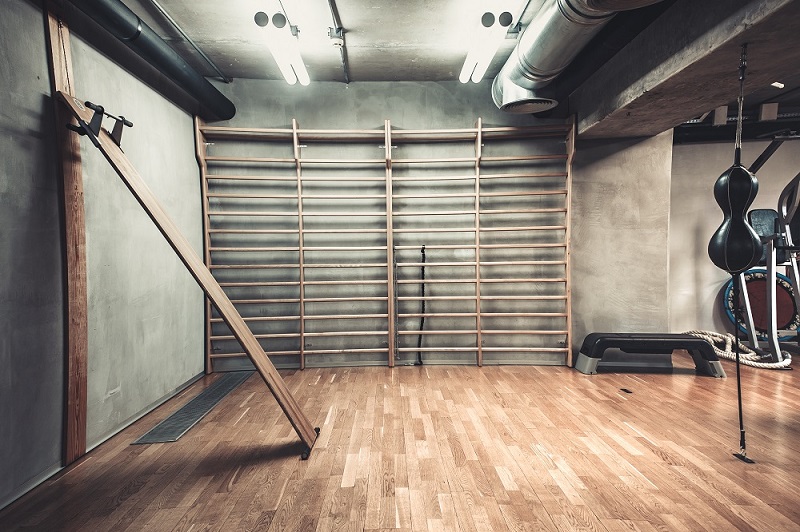Bryan Sebring of Sebring Services wrote this guest post article. Sebring Services is located in Naperville, Illinois and provides design-build remodeling services, including bathrooms, basements, and kitchens.
Wood is still the number one choice for floor coverings, even as the number of other similar flooring materials continue to overwhelm the market. When it comes to real-wood flooring, there are two main options: engineered flooring and hardwood flooring. Choosing between the two types of floors is often assumed to be a matter of personal preference, and this may be true in many cases. Nonetheless, let’s compare engineered flooring vs hardwood flooring to better understand what each offers:
Durability
Engineered flooring is quite a bit more durable of an option compared to hardwood flooring. Solid wood is used as the top layer in engineered floors, while the core and the lower layers are bonded together using a variety of materials, including plywood.
The lower layers are made up of either a variety of layers of plywood, solid wood, or HDF. Multiple layers are attached under pressure. Profiling may be either the use of a “click-locking technology” or tongue-and-groove.
The plywood interior provides engineered floors with more durability, and strength against the factors that may easily damage hardwood floors, like spills and moisture. This moisture resilience makes this flooring option the superior choice for areas that experience high humidity climates, and for use in moist basements.
The durability of these high-density floors also means that they are stronger, and are better able to resist damage caused by items dropped on them, as well as high traffic. All of these factors help to make engineered flooring the longer-lasting option.
Cost
One more advantage that engineered flooring has over hardwood flooring is that it tends to be more affordable than the latter. The fact that it isn’t usually constructed of solid wood cuts down the cost considerably, enabling you to enjoy an elegant look of wood flooring in your home at a much lower cost while making them more affordable to a broad range of clients.
However, it is important to avoid making an assumption that hardwood flooring won’t be worth investing in. Engineered flooring is often impossible to differentiate from hardwood flooring, and can offer a high boost in the value of your house. A majority of prospective homebuyers will choose engineered flooring because of its low-maintenance and durability.
When contrasting engineered flooring to traditional, hardwood flooring, it will quickly become apparent that there isn’t a competition. Engineered flooring has the same elegance and looks like hardwood flooring, while providing superior and long-lasting benefits to homeowners. The most important part is that the average person won’t be able to tell that your floor isn’t solid hardwood. Only you know how much money and time you saved by choosing engineered flooring.
Some people may think that engineered flooring is naturally cheaper compared with hardwood flooring, but this isn’t always the case.
The cost of lumber, plank size, as well as quality and cost of glues (used for bonding layers of engineered floors), are often the cost-determining factor here. Furthermore, the cost of installation varies and is also dependent on plank construction (some engineered flooring, can be installed using floating techniques that will reduce installation costs significantly).
To read more about this topic, go to the full article: Flooring Face-Off: Engineered Flooring vs. Hardwood Flooring.

